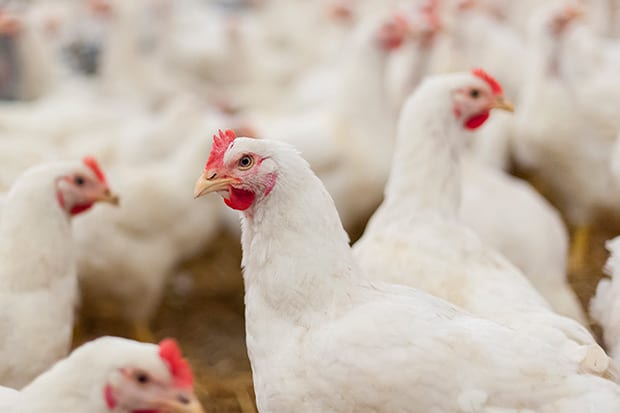South Korea: First outbreak of highly pathogenic avian influenza in dead wild birds in Hokkaido, Japan
Quarantine authorities strengthen surveillance of wild birds coming in via Japan and promote inspection of quarantine-vulnerable farms, requesting poultry farms to comply with quarantine rules. As highly pathogenic avian influenza (AI) occurred for the first time in wild birds in Japan on the 4th, quarantine authorities in Korea are also on edge. Strengthening biosecurity is being promoted without giving up. The Ministry of Agriculture, Food and Rural Affairs (hereinafter referred to as the Ministry of Agriculture, Food and Rural Affairs) announced that Japan’s Ministry of Environment announced on the 12th that highly pathogenic avian influenza (H5N1 type) was confirmed in a dead wild bird large-billed crow collected from Bibai City, Hokkaido on the 4th. According to the Ministry of Agriculture, Food and Rural Affairs, this is the first case of highly pathogenic AI detected in wild birds in Japan in the 2023-2024 season, and it was confirmed relatively early compared to the past. The first detection date of wild birds in Japan by year is October 24 in 2020-2021, November 8 in 2021-2022, and September 25 in 2022-2023. In particular, globally, the occurrence of highly pathogenic AI in wild birds, which has a significant impact on the introduction of highly pathogenic AI viruses into the country, increased by 14.7%, and considering the cases of detection in wild birds from the Far East moving into Korea between the end of last month and this month, highly pathogenic AI viruses have increased by 14.7%. This is a situation that cannot be reassured as the introduction of the AI virus into the country may accelerate. Accordingly, the Ministry of Agriculture, Food and Rural Affairs and the Ministry of Environment plan to expand surveillance of wild bird feces in migratory bird destinations such as Busan and Gyeongnam regions to respond to wild birds that may be introduced via Japan. In addition, the Ministry of Agriculture, Food and Rural Affairs will mobilize 19 Agriculture, Food and Rural Affairs Quarantine Headquarters and 198 local governments to inspect 217 inspection teams by the 31st to check compliance with quarantine rules such as disinfection on laying hens and duckling farms, which are vulnerable to quarantine, through 217 inspection teams. We will focus on education and promotion so that foreign workers on farms can comply with quarantine rules. Ahn Yong-deok, director of the quarantine policy department of the Ministry of Agriculture, Food and Rural Affairs, said, “As winter migratory birds continue to arrive in the country and the risk of outbreaks is high, it is more important for poultry farms to strictly comply with biosecurity rules with the mindset of ‘I protect my farm.’










